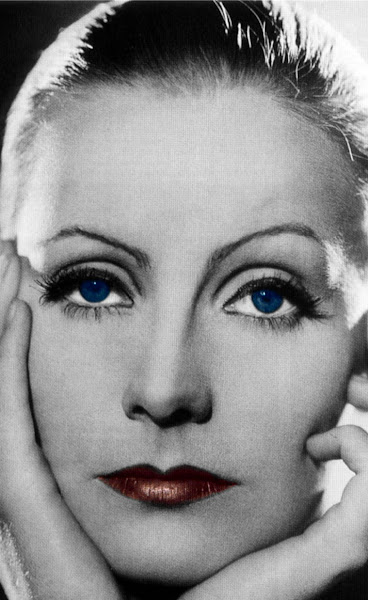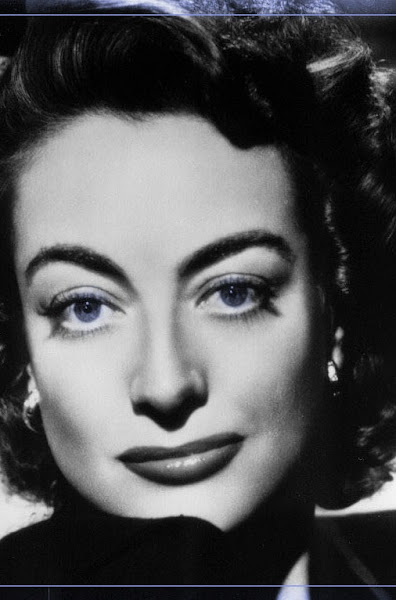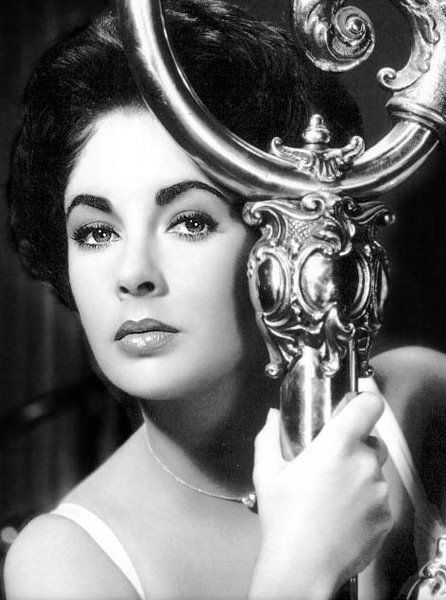
I greatly appreciate the response to my random musing from Saturday, and I have come to some more conclusions since I have written the pensive piece. Why do African-Americans care about their own representation in cinema? Because nobody else will. It is a sad, sad fact, but because of AbsolutVeronica's response, I put it together. Why did I care so much about homosexual representation in cinema to put together a lengthy blog last month (with more to come, I hope)? Because most people do not care. Heterosexual white people have defined what is "normal" in American cinema, all the way back to the early days, so it has been a struggle to break away from that and explore what is different.
Thinking back on the history of cinema, African-American representation has changed greatly from the early days of "mammies" and nannies. My best example is Hattie McDaniel - my best recollections of her on film are in (of course) "Gone With the Wind" and a bit part in "Blonde Venus" with Marlene Dietrich. Can you guess her roles in both films? (See first sentence of paragraph). Even white people would use blackface for early entertainment purposes, making a joke of ridiculed African-Americans. (Director Spike Lee attacked this indecency in 2000's "Bamboozled.")
It was not until Dorothy Dandridge's breakthrough role as Carmen Jones in the self-titled musical film that the African-American female became something more realistic and less stereotyped as Hattie McDaniel's most notable film roles. I would credit men like Sidney Poitier for giving rise to the prominence of a black man in film. Though he is recognized for roles (not limited to) "A Patch of Blue," "Guess Who's Coming To Dinner," and "In the Heat of the Night," I can only really remember him as the token African-American in the presentation of all three films. Though he is a bonafide great actor, his presence in all three films is to subset all of the "whiteness" and expose his difference.
Do not get me started on blaxploitation in the seventies... What a shame that African-Americans got to be recognized through films like "Scream, Blacula, Scream" for a whole decade. Misrepresentation is disgusting, so thank God people fight it so much now. Today, I feel like African-American representation is getting better onscreen with appreciated movie stars like Whoopi Goldberg and Denzel Washington bringing powerful acting to memorable roles.
My only concern is the segregation of films today. Although Ron Wynn said in his article that I referenced the other day that "the real problem at hand is 'the sickening lack of thematic variety and quality in what’s deemed black cinema,'" I actually do not agree now. Who is to say it is only black cinema? Why not white cinema, too?
Let us use the average Hollywood romantic comedy as an example. It always seems like it is two people of the same race that fall in love, and if there is a character with a different fill-in-the-blank background in the movie, he or she is a token member of that group. If it is two people of different racial backgrounds falling in love, it is usually instantly a comedy. Laugh at it all you want! Is this why we have to segregate the cinemas of today? Should it be weird that I enjoyed "Diary of a Mad Black Woman"? Should people like me be forced to watch crappy Kate Hudson chick flicks ceaselessly? (I will have you know, I have taste.)
Why do African-Americans have to have their own cinema? It just makes puts a big sticker of exclusiveness on it. It is not like the foreign film section of a movie store, or is it? Is black cinema the same as foreign cinema? It should not have to be.
I think it is time to break down the barriers. Again quoting AbsolutVeronica, "I think what it really boils down to is the fact that we are still letting race divide us." Of course it is. Where is a Dr. Martin Luther King for movies when you need one?
July 28, 2008
Random Musing: Black(er) and White(r) - The Sequel
Labels:
random musings
Subscribe to:
Post Comments (Atom)

.jpg)

.jpg)
.jpg)

1 comment:
Great entry, Ben.
I've only seen Sidney Poitier in "Guess Who's Coming to Dinner," but I would dispute the assertion that he is used as a "token African-American" in that film, in any sense. The film is of course very much about race, but it deals with race in an intelligent manner and fleshes out Poitier's character as much as any of the others.
You ask, "why do African-Americans have to have their own cinema?" I would answer that, just as every culture has a "literature," it's legitimate for every culture to have a "cinema." As long as something called African-American culture exists, I don't agree that blacks and whites should be used interchangeably in movies or that there shouldn't be anything like a "black cinema."
Sam N.
Post a Comment